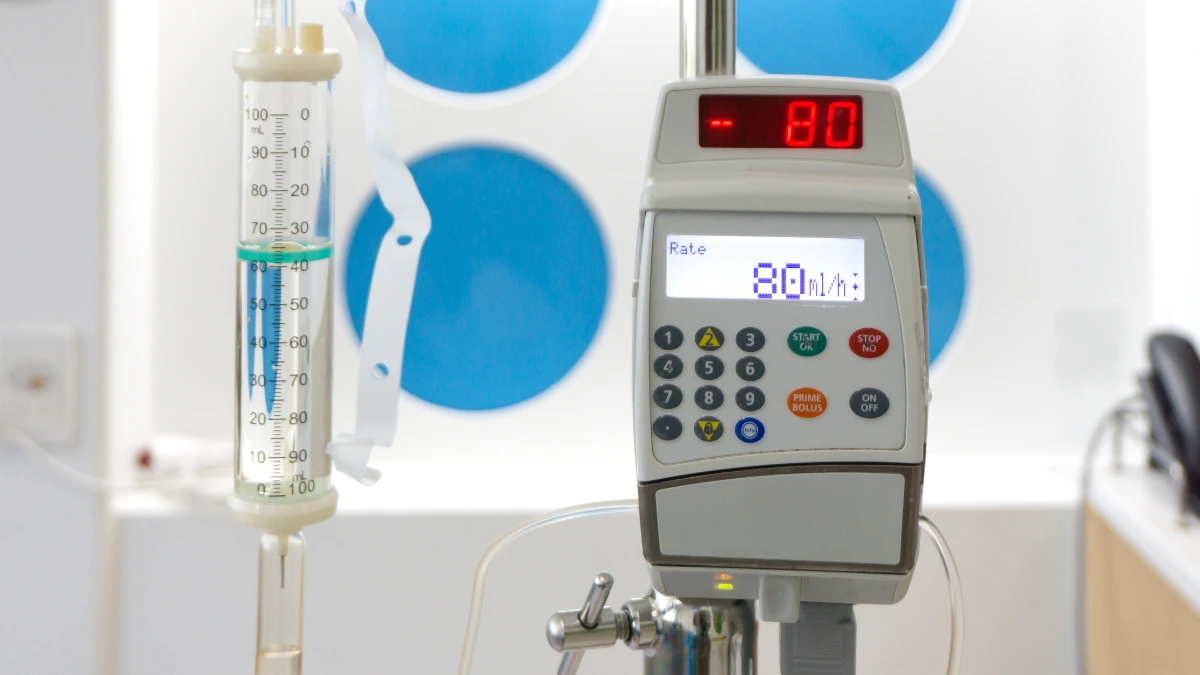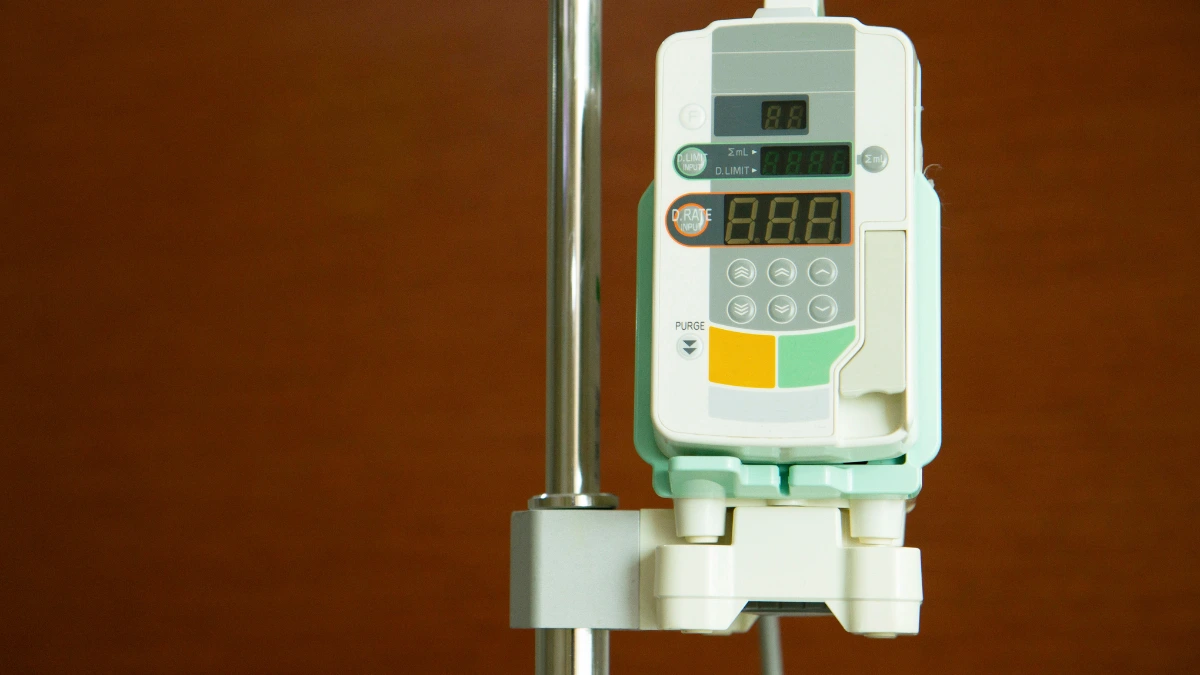An infusion pump provides many benefits, especially the ability to support liquid nutrition delivery. However, the advantages and disadvantages of infusion pumps cannot be easily separated, even though the benefits are evident.
The advantages and disadvantages of infusion pump include accurate dose control, reducing the risk of human error, and flexibility for various fluids, while the disadvantages include potential technical error, functional limitation, and a safety alarm system.
This article will inform you about some of the advantages and disadvantages of infusion pumps that you can consider.
The Advantages and Disadvantages of Infusion Pump

Like any other technology, infusion pumps have several advantages that can be utilized and disadvantages to consider.
The advantages of an infusion pump include accurate dose control, reducing the risk of human error, and flexibility for various fluids, while the disadvantages include potential technical error, functional limitation, and a safety alarm system. Here are the advantages and disadvantages of infusion pump:
The Advantages
Here are some advantages of an infusion pump:
1. Accurate dose control

One of the advantages of infusion pumps is accurate dose control. This device allows for precise and consistent medication dosing according to patient needs.
2. Continuous medication delivery
Continuous medication delivery is another advantage of infusion pumps. This device can continuously deliver medication over a certain period of time. For therapies that require constant dosing, this device is certainly very useful.
3. Reducing the risk of human error
Infusion pumps are capable of accurately controlling medication doses. Therefore, the risk of human error in under- or over-administering medication will not occur.
4. Reducing the risk of infection
Reducing the risk of infection is another advantage of infusion pumps. Medication administered using this device is done in a closed and controlled manner, which helps reduce the risk of infection.
5. Flexible for various fluids
One of the advantages of infusion pumps is that they are flexible for various fluids. This device can be used with various types of fluids, including enteral nutrition, to be administered into the human body.
The Disadvantages
Here are some disadvantages of an infusion pump:
1. Potential technical errors

One of the drawbacks of infusion pumps is the potential for technical errors. Like other electronic devices, these devices are also susceptible to technical errors such as battery failure or programming errors.
2. Care and maintenance
Another disadvantage of infusion pumps is that they require regular care and maintenance. Care and maintenance are necessary to ensure that the device always performs optimally.
3. Functional limitations
Although infusion pumps can be used with many types of fluids, they still have limitations. These devices may not be suitable for all types of medications or patient conditions.
4. Not suitable for all patients
Another disadvantage of this device is that it is not suitable for all patients. Patients who only need a small amount of fluid or medication that is usually administered orally or by injection do not need this device.
5. Safety alarm system
Another disadvantage of infusion pumps is their annoying safety alarm system. Although this alarm is useful for providing information about system errors, the noise it makes can be disruptive in a hospital environment.
Those are the advantages and disadvantages of infusion pumps to consider before deciding to use them.
Despite its limitations, infusion pumps are useful for accurate dose control, reducing the risk of human error, and providing flexibility for various fluids. [UN]

